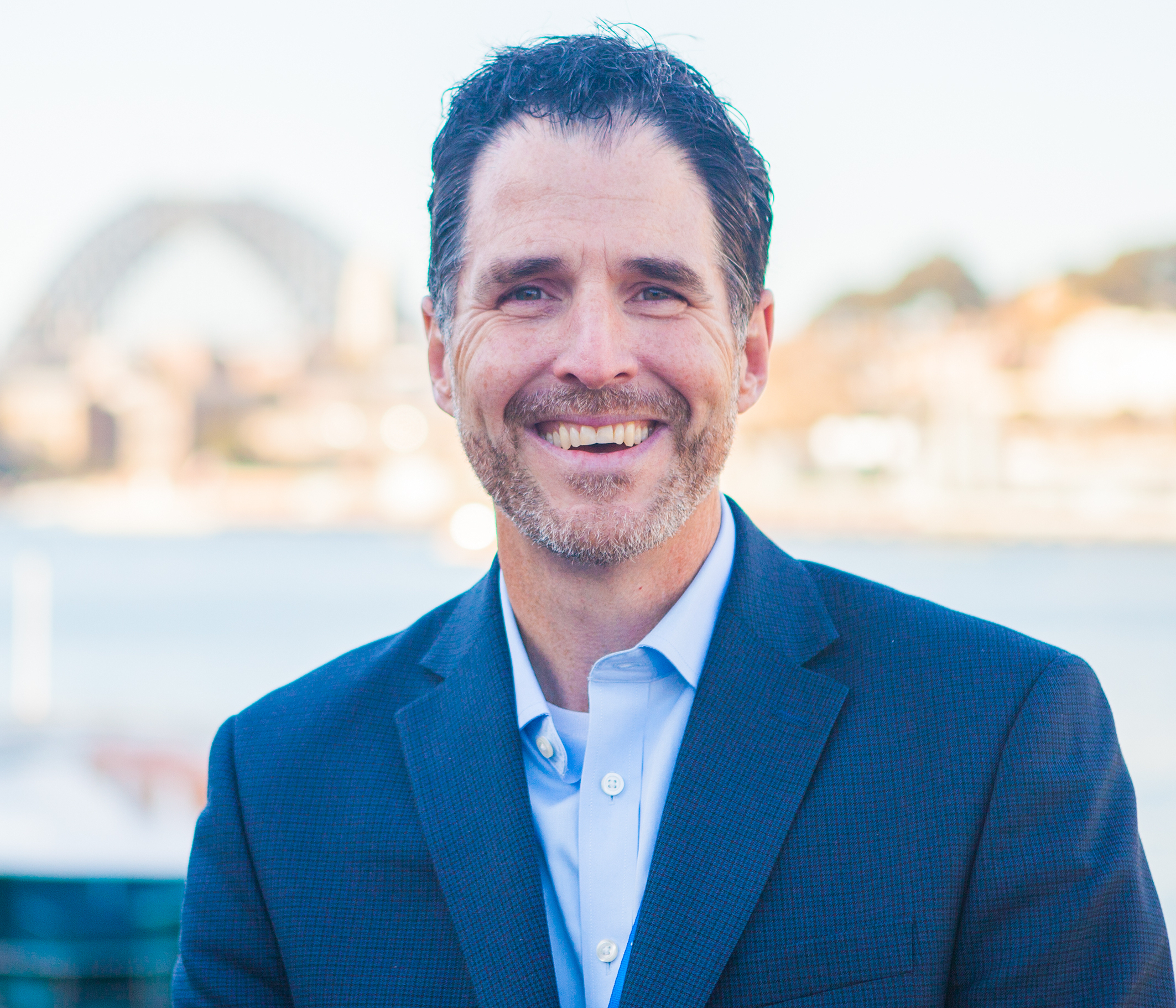
Think about the last time you dared to read the comment section on a news article. Whether it be on a social media platform or on the news source’s website, it is almost guaranteed that at least a few of the comments were unkind. In fact, they were probably nasty.
Technology has changed the way we communicate with each other. Not only has it disrupted multiple industries in the past 25 years but it has changed our behavior. In fact, the University of Michigan for Social Research found that we are 40 percent less likely to describe ourselves as being empathetic today than we were 40 years ago. The steepest decline in the numbers has occurred within the last 10 years.
In “Mean People Suck: How Empathy Can Lead to Bigger Profits and Better Lives for Everyone”, best selling author and globally recognized keynote speaker Michael Brenner insists that we need to work toward a more empathetic culture. Not only will genuine kindness improve our personal lives but increase our profit margins.
How technology has impacted brands and the workplace
Since the emergence of the Internet, technology has disrupted multiple industries. In the last 20 years, digital disruption has played a role in the disappearance of over 52 percent of S&P companies closing.
While multiple factors play into these companies closing their doors, the way the Internet has changed the relationship between brands and consumers is the most impactful. Before the digital age, brands relied on a one-size-fits-all message to attract and retain their customers. Now, brands must understand their customers and their needs before the first point of contact is made. A lack of empathy toward customers in the 21st century is often the first sign a business will struggle, if not shut down.
Digital disruption has also transformed the way we work. Technology has created an environment in which many of the jobs available today can be done from anywhere. It has changed how we work, where we work and what we want from our employers.
However, people are not happy. A Gallup survey found that 34 percent of employees report being engaged in their jobs, 53 percent of them are disengaged, while 13 percent are actively disengaged.
“I’m not sure what ‘actively disengaged’ means, but I assume those are the employees sneaking away with office supplies and calling in sick every chance they get,” Brenner said. “They don’t want to be there and only show up to work to collect a paycheck.”
Research indicates that one of the main causes of disengaged employees is a lack of empathy in their workplace culture. “If we expect our employees to spend so much of their time at work, we should make it worth their while.” Brenner wrote. “Employees will be happier for it, and they’ll be more invested in the work they do. We all do better work when we care about our jobs.”
The financial impact of empathy
Brenner knows first-hand how empathy can impact one’s career and overall quality of life. From his early teens to now, he has held 52 jobs. While some were better than others, he was never completely happy in any of his roles.
A decade into his career, the world’s largest enterprise software companies hired him as their first head of digital marketing in North America. His first task was to assess the companies activities to see what was working and what was not so they could optimize their budget.
What he discovered shocked him. Millions of dollars had been spent on marketing campaigns, and there were no results to show for it. It was clear their approach was not working, and things needed to shift.
“I knew from my dozens of previous jobs that if we focused our marketing efforts on helping our customers, then we should be able to show better business results,” he said. What happened next proved that using empathy can lead to success.
“I gathered the budgets from those campaigns into one centralized marketing program that focused on delivering the content that our customers wanted. As a result, we saw millions of dollars of revenue flow into the company. In fact, for every dollar we spent, we gained $18 in revenue.”
It was the most successful campaign he’d ever managed. It made him think about why his colleagues had not produced results before his efforts. His colleagues were smart, and he was confident they wanted to make a positive impact. Yet they had not.
Upon reflection, he realized he had held similar frustrations in his previous jobs. He wanted to figure out why, despite our best efforts, we suck so much of the time. He realized that so many of us spend our time trying to please our bosses and be good corporate citizens.
“It is exactly that behavior of self-preservation (some would call it ‘butt-kissing’) that causes us to do things that may not work,” Brenner wrote. However, by fostering environments where people genuinely care for their customers, managers, employers, and fellow employees, each person will be empowered to succeed.
Empathy beyond the workplace
Brenner realizes that the word empathy is somewhat of a business buzzword. However, he maintains that the meaning of the word is not only still misunderstood but also underused in our culture.
“Developing a culture of empathy isn’t some hippie, new-age notion of employees feeling better at work,” he said. “It’s about all of us finding meaning in the everyday tasks we perform. It’s about attaching ourselves to a vision of something bigger.”
Ultimately, infusing empathy into our lives is about developing a way we want to live at home and at work.

